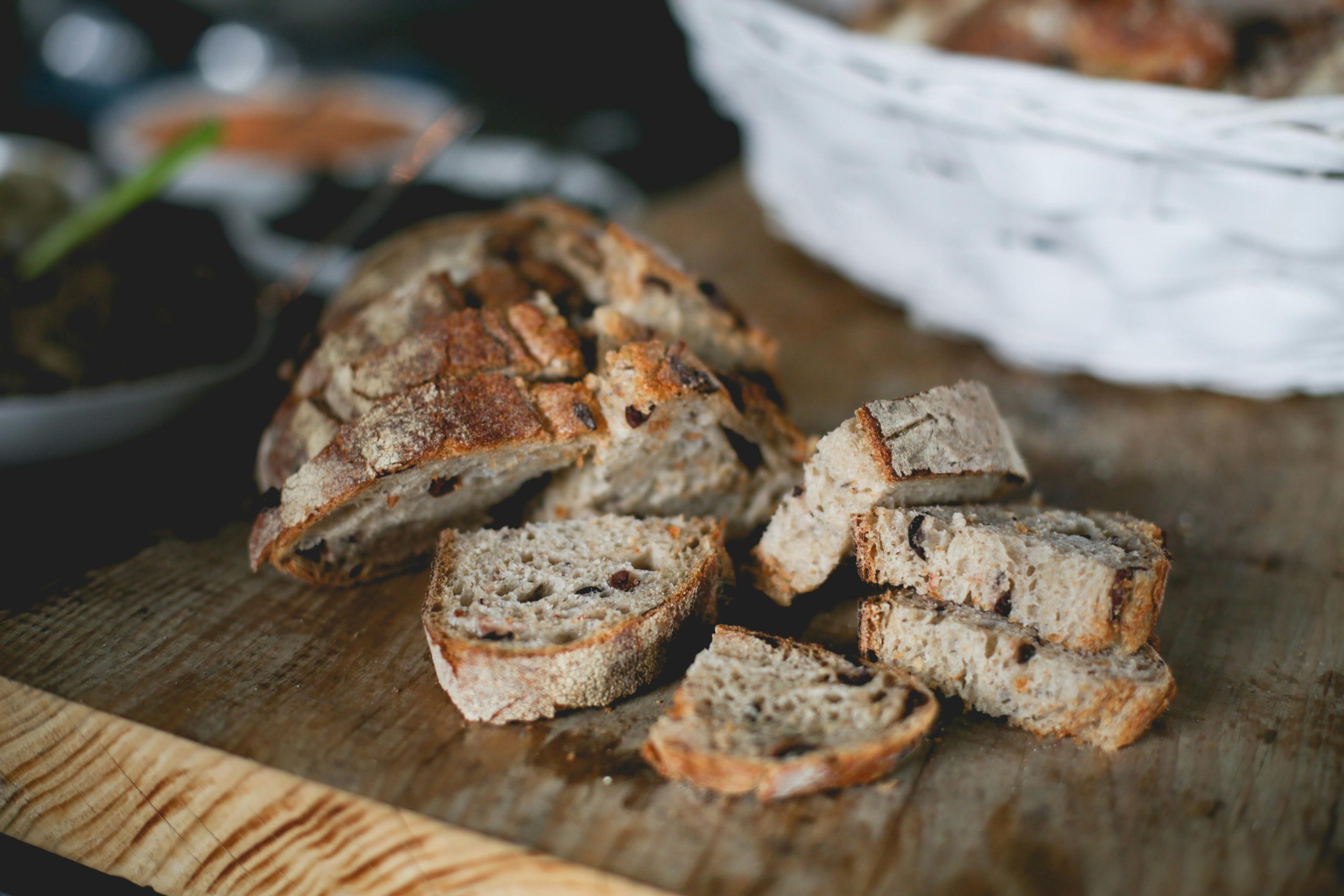What is Sourdough?

Sourdough is a type of bread made through natural fermentation using wild yeast and lactic acid bacteria. Instead of commercial yeast, it relies on a “starter” — a simple mix of flour and water that ferments over time, becoming active and bubbly. This starter gives sourdough its unique rise, flavor, and texture.
One of the standout features of sourdough is its tangy taste and hearty crust, but it’s also known for its potential health benefits. The long fermentation process helps break down gluten and phytic acid, which can make sourdough easier to digest than conventional bread. Some studies suggest that this fermentation can also improve nutrient absorption and support gut health by promoting beneficial bacteria.
In addition, sourdough typically has a lower glycemic index than other breads, meaning it may cause a slower, more stable rise in blood sugar.
With just flour, water, and salt, sourdough is both a wholesome and flavorful choice — a tradition that brings together taste and nutrition in every slice.